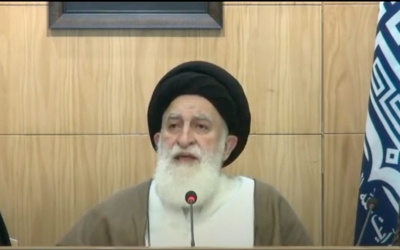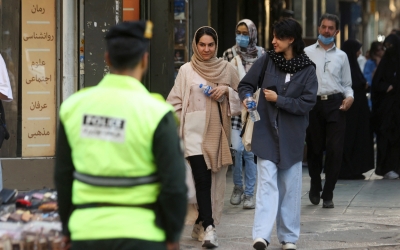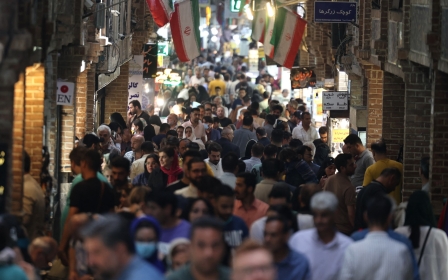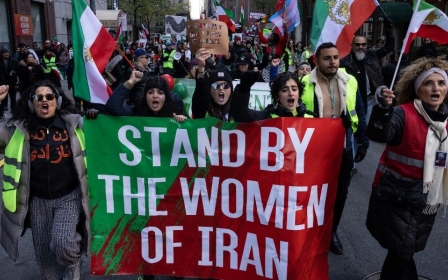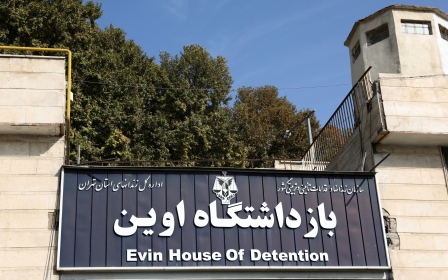Iranian press review: Enforcing dress code raises economic concerns in Iran
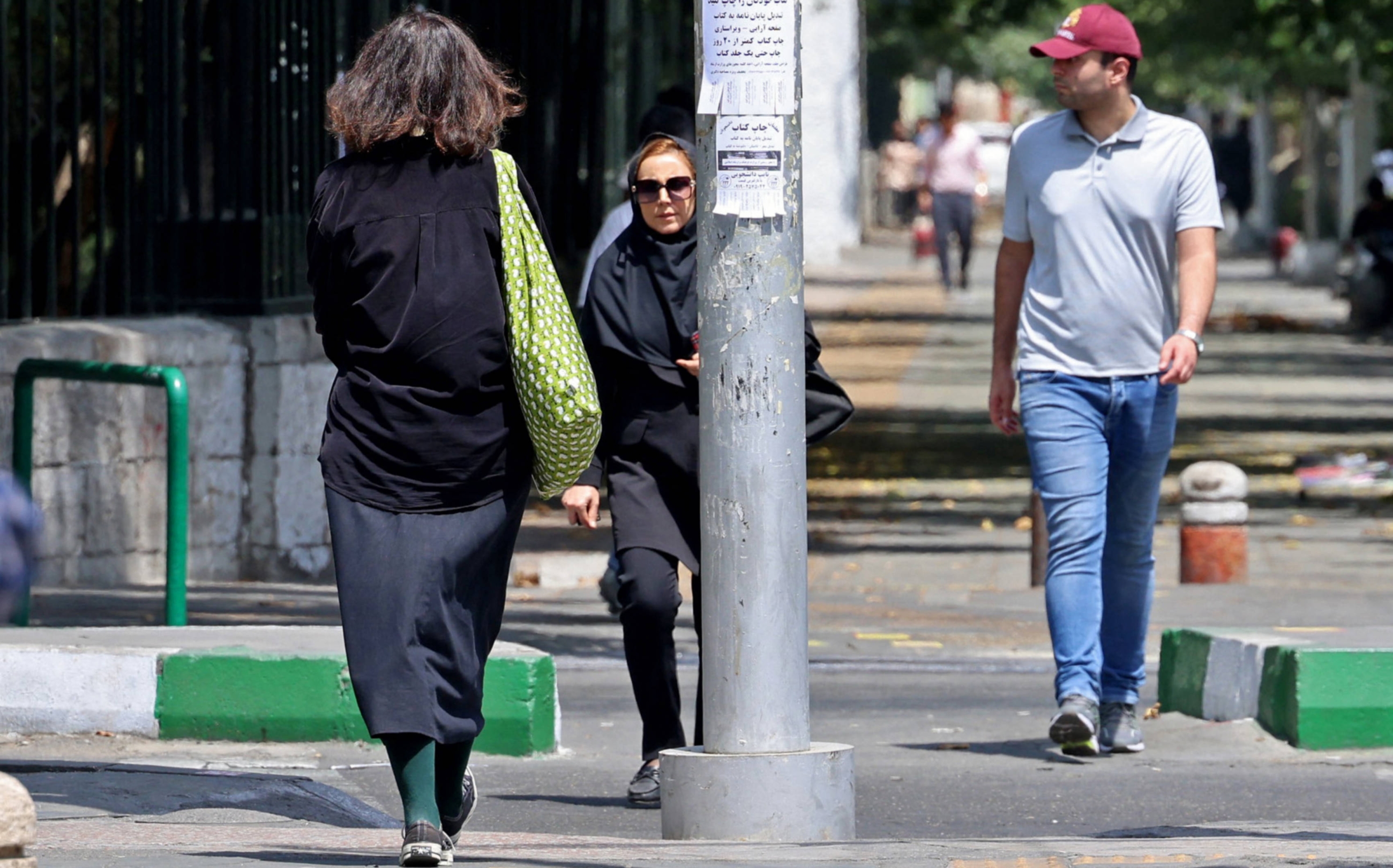
Companies persecuted over hijab law
Authorities in Iran have intensified their efforts to strictly enforce the Islamic hijab law, leading to the closure of several firms and well-known startups whose employees had failed to adhere to the mandated dress code.
Among those affected were Diji Kala, an online marketplace, the Taghcheh Ketab online platform for book sales, and the Azki insurance company. Branches were shut down and subjected to judicial persecution.
This latest development comes only a week after the return of the Islamic Hijab police patrols - known as Gasht-e Ershad - to the streets of Iran.
Additionally, female celebrities who challenged the Islamic hijab law have been given sentences of up to two years. Actor Azadeh Samadi was ordered to undergo psychological treatment for “antisocial personality disorder".
Reformers say the moves could damage the country's economy. "Such actions may prompt these businesses to relocate to neighbouring countries, leading to unemployment among their staff in Iran," the Kargozaran daily warned.
Kargozaran also questioned whether or not the government's moves would be effective in enforcing the hijab law: "The crucial question is whether the closure of these businesses will lead to widespread acceptance of the hijab law. Can such measures address any of the country's underlying issues?"
This law has been the subject of resistance from women nationwide, especially after the death of Mahsa Amini's death in Gasht-e Ershad custody last September.
Increasing pressure on journalists and activists
Iran's judiciary is taking increasingly harsh measures against journalists and activists, including issuing new sentences and arresting those recently released from detention, according to local media and human rights activists.
One such case involved Maysam Dahbanzadeh, a political activist who was released from Evin prison on 28 May.
On Wednesday, he received a new six-year prison term from the Islamic Revolution Court branch. He was found guilty of "orchestrating gatherings intended to commit crimes against national security" and "forming a group to disturb the nation's security".
Dahbanzadeh suffered severe injuries during a special forces raid on Evin prison the previous year following a fire at the infamous northern Tehran facility.
In another incident, Ali Asghar Hassanirad, a former political prisoner, was arrested in Noshahr after escaping capture for about two months.
Human rights activists reported his arrest on Wednesday, saying that Iran's Islamic Revolutionary Guard Corps (IRGC) intelligence service detained him without offering any justification for his apprehension.
Meanwhile, the country's ultra-conservative judiciary also targeted two journalists, Saeedeh Shafiei and Nasim Soltanbeigi.
On Monday, it was reported by the Tehran-based journalists' syndicate that both individuals received a three-year, and seven-month term for their journalistic work during the demonstrations that swept the country last year.
Minor in prison for months without trial
Nearly a year after nationwide protests in Iran following Mahsa Amini's death in police custody - which saw at least 20,000 people arrested - some detainees are still in prison without being given a complete trial.
The case of Ali Rezaei, who was under 18 when intelligence ministry officers arrested him in December in relation to the anti-establishment protests in Tehran, had been passed between different courts in Iran, according to the Shargh daily.
None of them were willing to take responsibility for sentencing him because he was a minor when arrested.
This has resulted in over seven months of detention without trial.
Reza Shafakhah, Rezaei's lawyer, told Shargh that his client's case had been moved between the Islamic Revolution, minors, and criminal courts.
"What has happened to Rezaei is a complete violation of the law, and even as his lawyer, I can't do anything because nobody listens to us," Shafakhah said, referring to his client's detention in Evin prison ward 209 when he was still underage.
The daily added that Rezaei's lawyer spoke to the media in the hope that judiciary officials would hear his voice and take a step to solve his client's problem and "at least release him on bail until his trial".
* Iranian press review is a digest of news reports not independently verified as accurate by Middle East Eye
Middle East Eye propose une couverture et une analyse indépendantes et incomparables du Moyen-Orient, de l’Afrique du Nord et d’autres régions du monde. Pour en savoir plus sur la reprise de ce contenu et les frais qui s’appliquent, veuillez remplir ce formulaire [en anglais]. Pour en savoir plus sur MEE, cliquez ici [en anglais].


